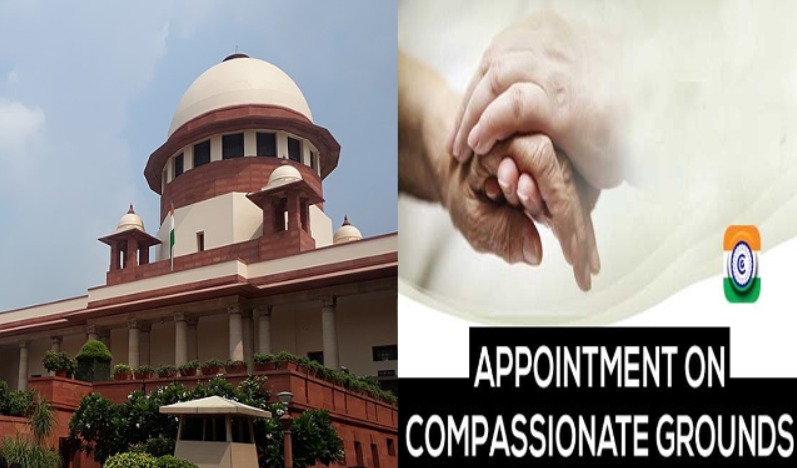
The Supreme Court expressed concerns over the West Bengal government’s apparent uncertainty and delays in implementing compassionate appointment schemes.
A bench of Justice Krishna Murari and Justice BV Nagarathna stated that such a condition of affairs may have harmed the families of several government officials who died in the line of duty.
The Court levelled harsh criticism at West Bengal government officials for the way applications for compassionate appointment by hundreds of dependents were handled.
The bench further stated that such delays would defeat the purpose of such schemes and urged authorities to handle requests for compassionate appointment with urgency.
“Delay on the part of the authorities of the State to decide claims for compassionate appointment would no doubt frustrate the very object of a scheme of compassionate appointment. Government officials are to act with a sense of utmost proactiveness and immediacy while deciding claims of compassionate appointment so as to ensure that the wholesome object of such a scheme is fulfilled,” the bench noted.
These observations were taken in connection with applications for compassionate employment made to the municipalities of Burdwan, Ranaghat, and Habra.
The applicants were the legitimate heirs of municipal employees who died in the line of duty. Arguments arose as to whether the candidates were eligible for compassionate appointment and whether any government programme backed their claims.
A division bench of the Calcutta High Court ordered the municipal authorities to consider the applications in 2019. As a result, the division bench overturned a single-judge judgement that had agreed with the authorities that no such programme applied to urban local governments.
In contrast, the division bench relied on circulars indicating that such systems should be extended to municipal employees.
The State authorities filed an appeal with the Supreme Court after being dissatisfied with the division bench judgement.
The bench noted that the applicants (respondents) had moved the High Court approximately ten years after filing their applications with the lower courts.
Senior Advocate Rakesh Dwivedi with advocate Madhumita Bhattacharjee representing the State argued that at this belated stage, compassionate appointments sought would have no redeeming value. The appointment was made as a matter of policy and cannot be asserted as a matter of right.
Indradeep Pal, appearing for the respondents (Debabrata Tiwari and others), argued that in the lack of a specified scheme, the High Court was correct in awarding the relief it did.
The Supreme Court noted that the appeal primarily questioned whether the State had a structure providing compassionate appointment for municipal personnel dying in harness.
If it did exist, the Court had to decide whether such relief may be awarded after several years, given the purpose of such policies.
The Supreme Court then ruled that, given the passage of time, it was no longer appropriate to consider or accept the allegations.
The bench further stated that there was no policy in place for compassionate appointments for family members of West Bengal municipal officials.
Hence, the bench ruled that the requested compassionate appointment could not be given in the absence of a policy in place.
As a result, the appeal was granted. The High Court’s single-judge order was reinstated, and the division bench’s decision was overturned.




